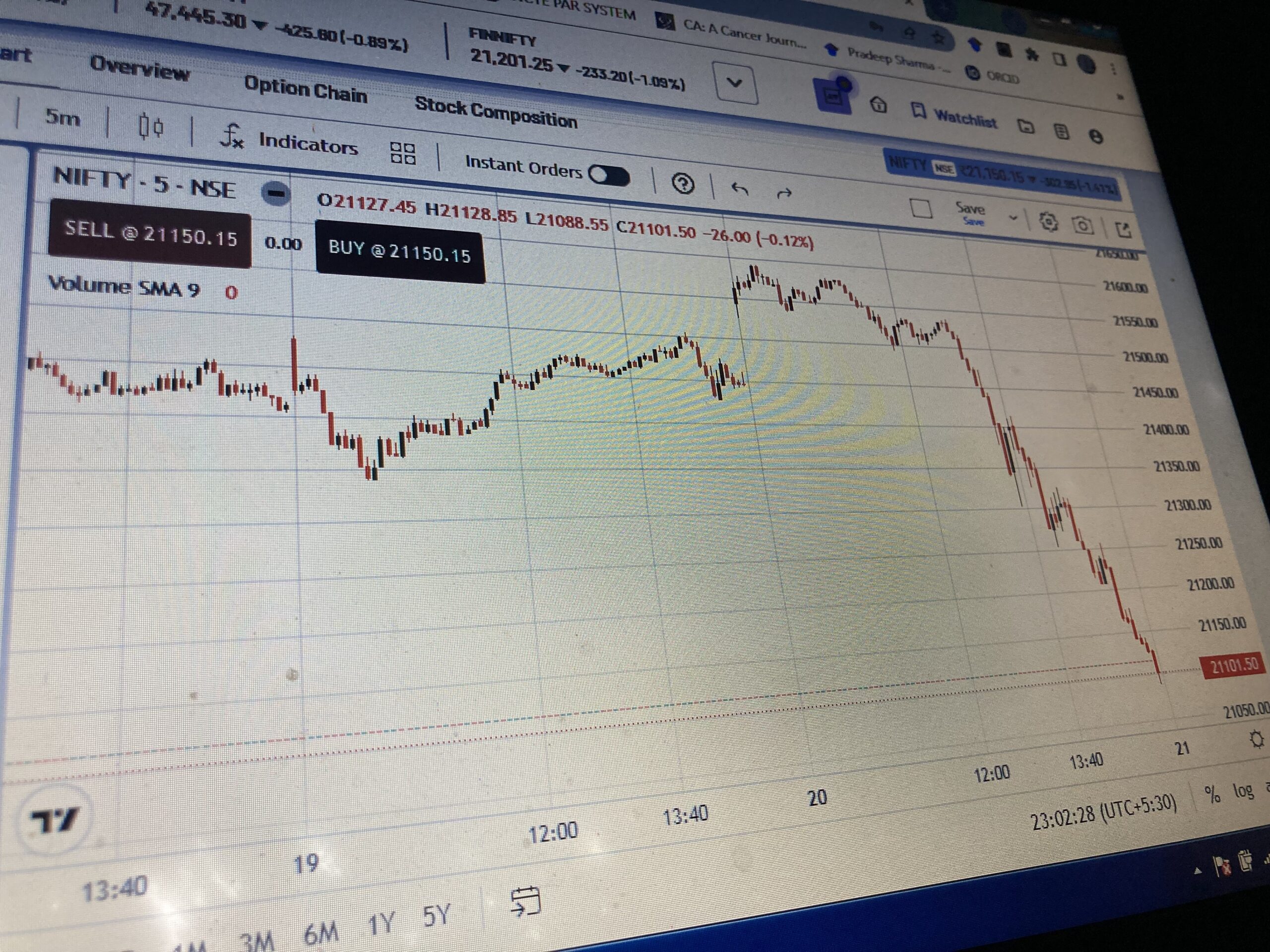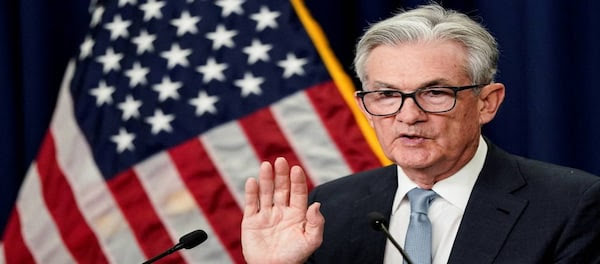Stocks are opening lower on Wall Street as traders worry about slowing economic growth worldwide amid a global effort to fight inflation. The S&P 500 index was down 1.4% in the early going, as was the Nasdaq composite. The Dow Jones Industrial Average was down a bit less. Treasury yields, which affect rates on mortgages and other kinds of loans, held at multiyear highs. European markets also fell. British government bond yields snapped higher after Britain’s new government announced a sweeping plan of tax cuts in a bid to shore up that country’s economy. Oil prices fell sharply.
Wall Street careened toward another day of losses early Friday after more rate hikes by the Federal Reserve and other central banks spurred fears of a possible global recession and sent oil prices to their lowest level since the opening days of 2022.
Futures for the Dow Jones Industrial Average fell 1.1% and futures for the S&P 500 tumbled 1.2%. Barring a wild swing, major U.S. indices are poised to finish the week with losses for the fourth time in five weeks.
Oil prices fell 3%, threatening to fall below $80 per barrel for the first time since early January.
Central banks in Britain, Switzerland, Turkey and the Philippines all raised interest rates after the Fed hiked its key rate on Wednesday for a fifth time this year and indicated more increases were on the way.
“Global equities are struggling as the world anticipates surging rates will trigger a much sooner and possibly severe global recession,” Edward Moya of Oanda said in a report.
Britain’s new government on Friday announced a sweeping plan of tax cuts it said would be funded by borrowing and revenues generated by anticipated growth, sending the pound tumbling below $1.12 for the first time since 1985.
Economists have expressed concern that the government’s policies will lead to a sharp increase in borrowing, undermining confidence in the British economy.
Also Friday, Vietnam’s central bank raised a key lending rate by a full 1 percentage point, surprising forecasters. The State Bank of Vietnam appeared to be trying to cool inflation while also discouraging a capital outflow in search of higher interest rates abroad.
Investors worry central banks might be willing to tolerate a painful economic slump to get prices under control.
Some point to signs the U.S. economy is cooling as support for the Fed to back off plans for more rate hikes. But chair Jerome Powell said Wednesday rates will be kept elevated for an extended time if needed to get inflation back to its 2% target.
U.S. consumer inflation eased to 8.3% in August from the previous month’s 9.1% peak. But core inflation, which strips out volatile food and energy prices to give a clearer picture of the trend, rose to 0.6% over the previous month, up from July’s 0.3% increase. That indicated pressure for prices to rise still was strong.
The Fed on Wednesday lifted its benchmark rate, which affects many consumer and business loans, to a range of 3% to 3.25%. It released a forecast showing it expects that benchmark rate to be 4.4% by the year’s end, a full point higher than envisioned in June.
At midday in Europe, the FTSE 100 in London slid 2.1%, the DAX in Frankfurt shed 2.5% and CAC 40 in Paris was 2.2% lower.
In Asia, the Shanghai Composite Index lost 0.7% to 3,088.36 and Hong Kong’s Hang Seng sank 1.1% to 17,953.50. The Kospi in Seoul tumbled 1.8% to 2,290.00.
Sydney’s S&P-ASX 200 fell 1.9% to 6,574.70 and India’s Sensex retreated 1.5% to 58,231.49. New Zealand and Southeast Asian markets declined.
In energy markets, benchmark U.S. crude lost $2.75 to $80.74 per barrel in electronic trading on the New York Mercantile Exchange. The contract rose 55 cents to $83.49 on Thursday. Brent crude, used to price international oils, declined $2.63 to $86.90 per barrel in London. It rose 63 cents the previous session to $90.46.
Reference By: Mint





